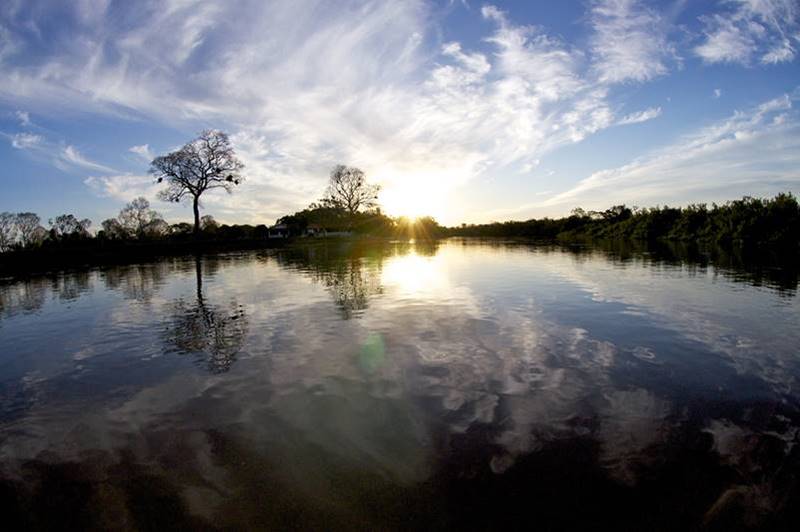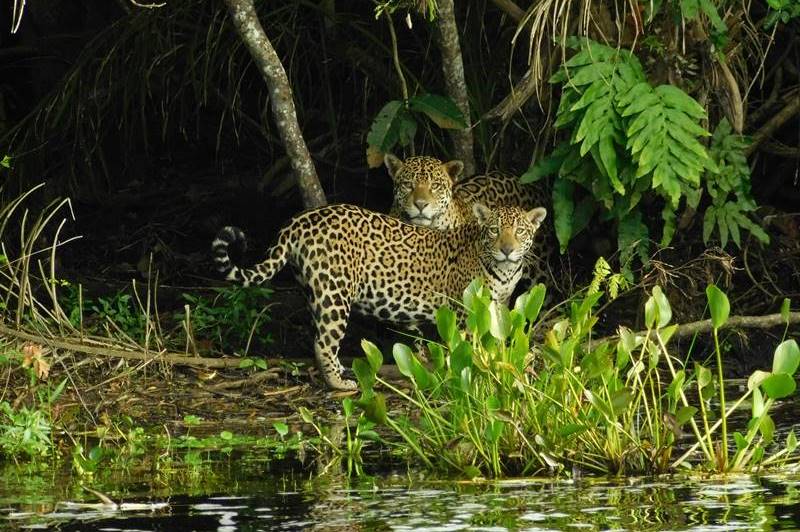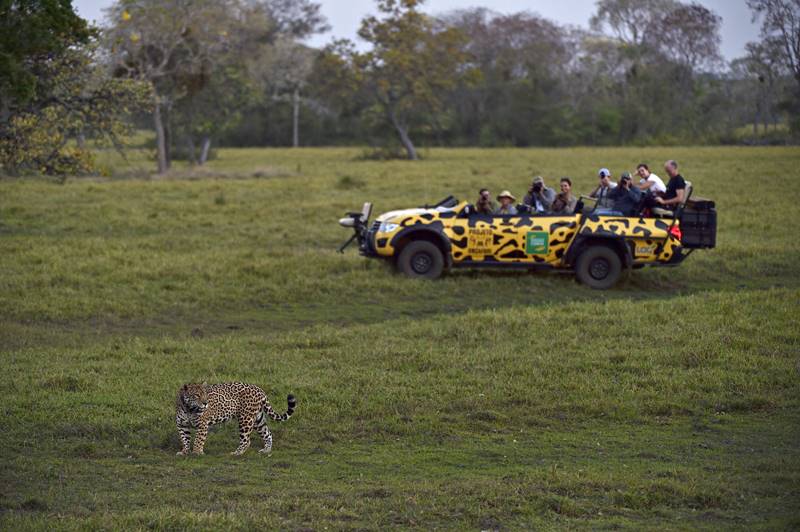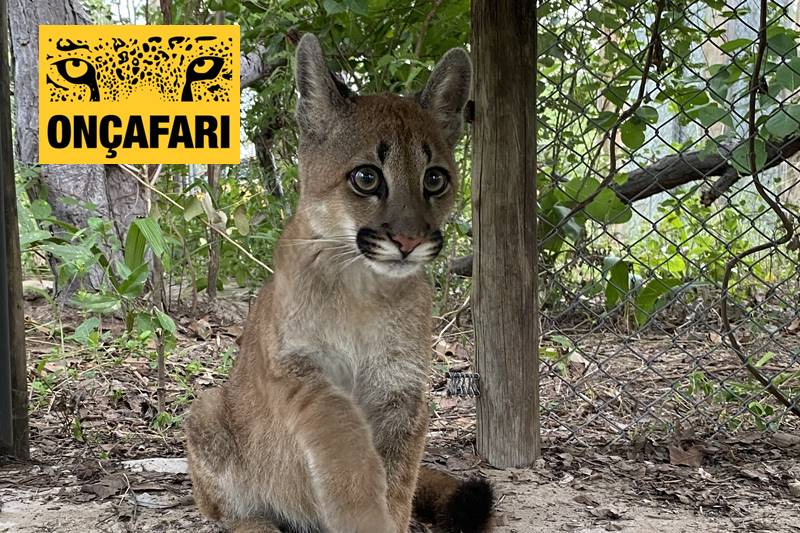
Fundraising target: £2,100 +
Funds donated: £6,500
Project: re-wilding support. This is one of 21 projects nominated for our 21 For 21 programme.
21 For 21 Project Partner: Onçafari
Associação Onçafari was created in 2011 to promote environmental conservation and contribute to social-economic development through ecotourism, scientific research and rewilding that aims at conserving biodiversity in various Brazilian biomes with an emphasis on jaguars, maned wolves and now pumas.
Find out more about Onçafari. Set up a 21 For 21 Fundraising Page.
About Onçafari
Since 2011, Onçafari has collected data and assembled information to grasp a better understanding on jaguar behaviour, as well as discovering better conservation strategies for the biggest feline of the Americas, as well as other species. They’ve identified more than 150 jaguars and the daily work of monitoring jaguars has played a vital role towards better understanding the relationship between species, and shaping biodiversity conservation.
With the development of ecotourism, life in the community has improved too. More tourists means additional income for local people through job creation, with former poachers becoming Pantanal guides and whole families working in hospitality. In 2019, 98% of guests visiting Caiman Ecological Refuge, where Onçafari is based, saw jaguars. Jaguars have become a valued part of the Pantanal landscape once more.
Visit the Pantanal through our responsible travel network.
Jaguars
The jaguar (Panthera onca) is the largest cat in the Americas, and the third largest cat in the world, after the tiger and the lion. Jaguars were last assessed by the IUCN Red List in 2016 – they were listed as Near Threatened with a decreasing population.
Brazil is home to approximately 50% of the remaining populations of jaguars. The Amazon is currently the largest refuge for jaguars followed by the Pantanal. However, the jaguars range has significantly reduced and in biomes such as the Atlantic Forest and the Caatinga, the species runs a serious risk of extinction. Habitat fragmentation and the loss of forest due to human activity are the main threats. The second major threat to these felines is hunting.
Re-wilding: jaguars
The rehabilitation and reintroduction of orphaned jaguars into the wild is an important part of protecting critically endangered populations. Brazil is a huge country and has several rescue centres dedicated to caring for orphaned animals, including carnivores. However, they lack space and so the rescued animals are usually destined to stay in a small enclosure for the rest of their lives. Due to this scenario, Onçafari acquired permits to start reintroducing jaguars back into the wild in 2016.
The extensive re-wilding process begins in special enclosures, with an expert team dedicated to the animal’s rehabilitation and release. The programme ensures that the animal can find and hunt natural prey, mark and defend their territories and find mating partners. Onçafari is the first institution in the world to have successfully achieved this.
Isa and Fera, who lost their mother at a young age, were the first jaguars to be successfully reintroduced to the wild. Project success was confirmed in 2018 with the birth of cubs from the two free-living Pantanal jaguars. The programme has gone on to release jaguars Pandora and Vivara in the Amazon, and helped to repopulate jaguars in Iberá, Argentina. With every rewilding the team can build on their experience and have now started to apply their knowledge to other threatened species.
Re-wilding: maned-wolves and pumas
In 2019, Onçafari got involved with the reintroduction of maned-wolves. Today two individuals are going through the rewilding process in a large enclosure in the Cerrado (the Brazilian savanna). The maned-wolves will hopefully be released later this year.
In 2020, an adult puma was brought to their Pantanal rewilding centre. Following a similar programme that had proved successful with jaguars (with a few adaptations) the puma was also released back to the wild.
In 2021 Oncafari received a New Year surprise: a newly orphaned four-month-old puma cub named Nala arrived at Onçafari’s Pantanal rewilding centre on January 11th.
As well as skill and dedication, multiple resources will be needed to successfully return young Nala to the wild where she belongs.
Cameras traps to monitor Nala’s life, domestic prey so she can learn and improve her hunting skills, and a GPS collar are among the requirements. As a non-profit organisation, Onçafari relies completely on support from partners to run these programmes.
21 For 21 funding will go some way to support Nala’s re-wilding and help the Oncafari team get her back where she belongs.
Images courtesy of Oncafari and Adriano Gambarini (bottom right).
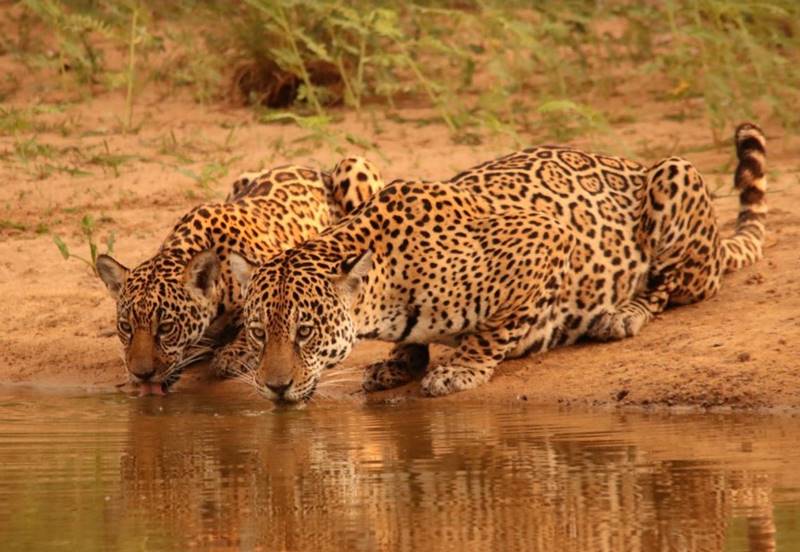
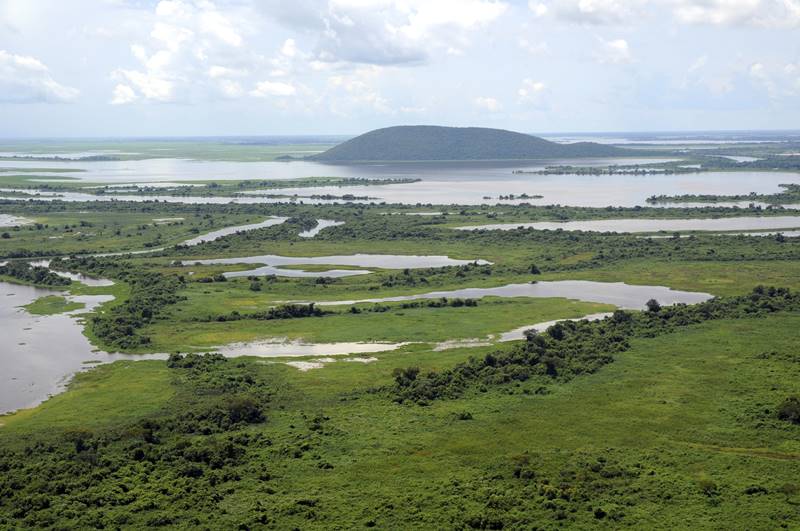
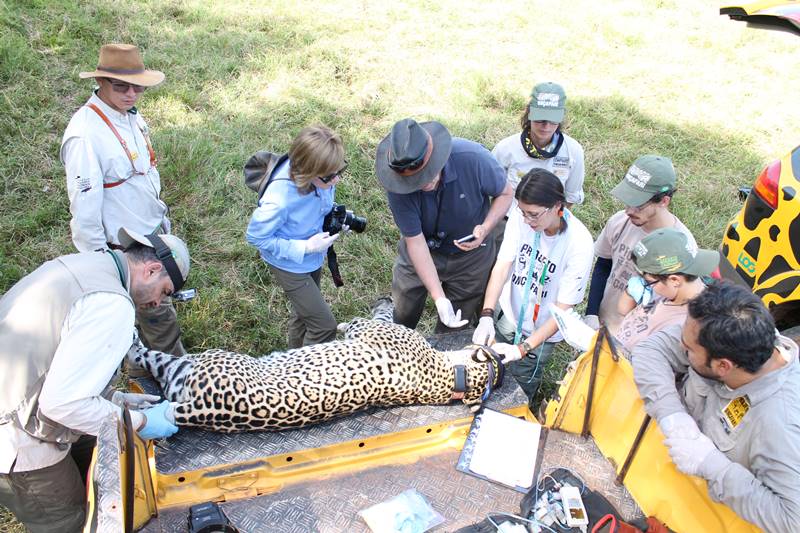
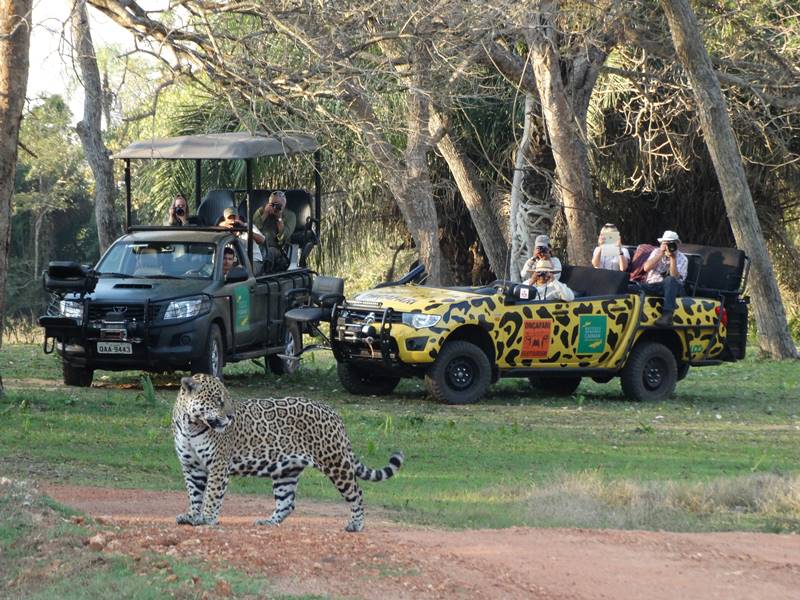
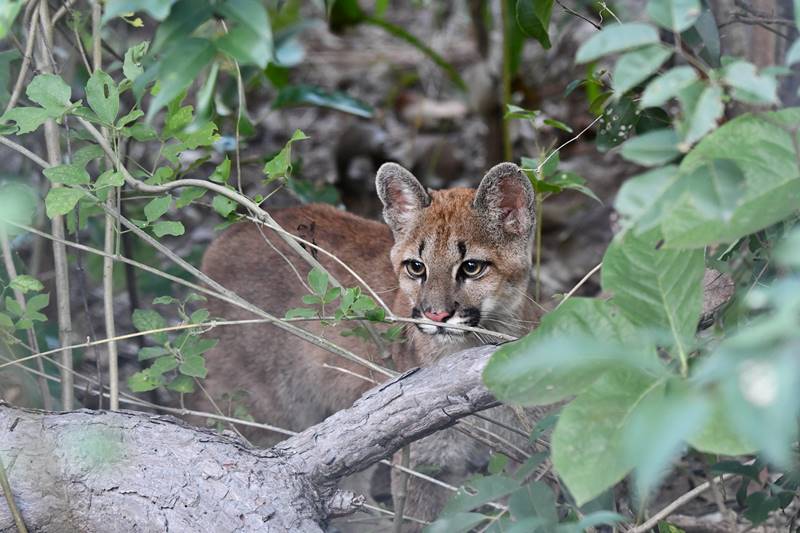
All funds raised during 2021 will contribute to the 21 For 21 Project Fund so please do sign up for a sponsored challenge (details here), support our creative initiatives, or make a donation if you are able to. Every Pound makes a difference. Thank you.
